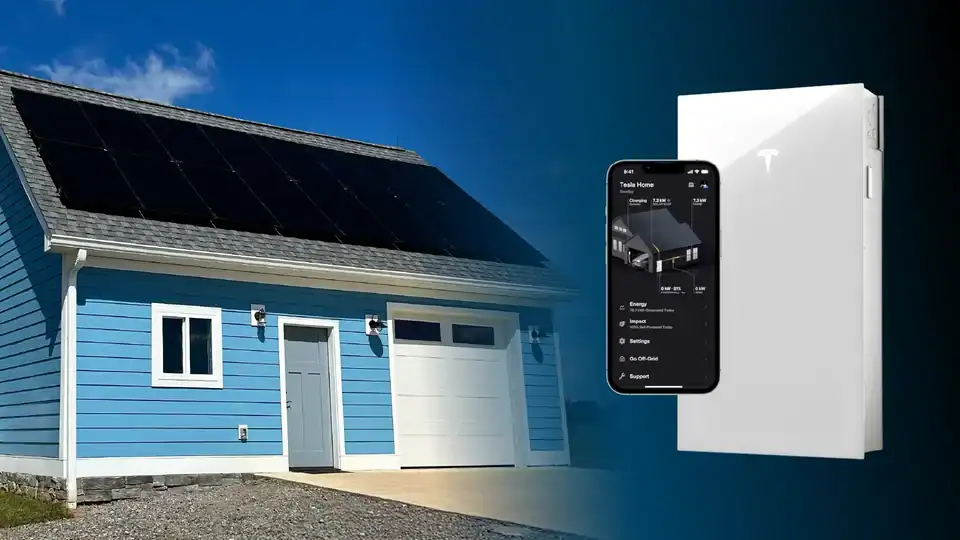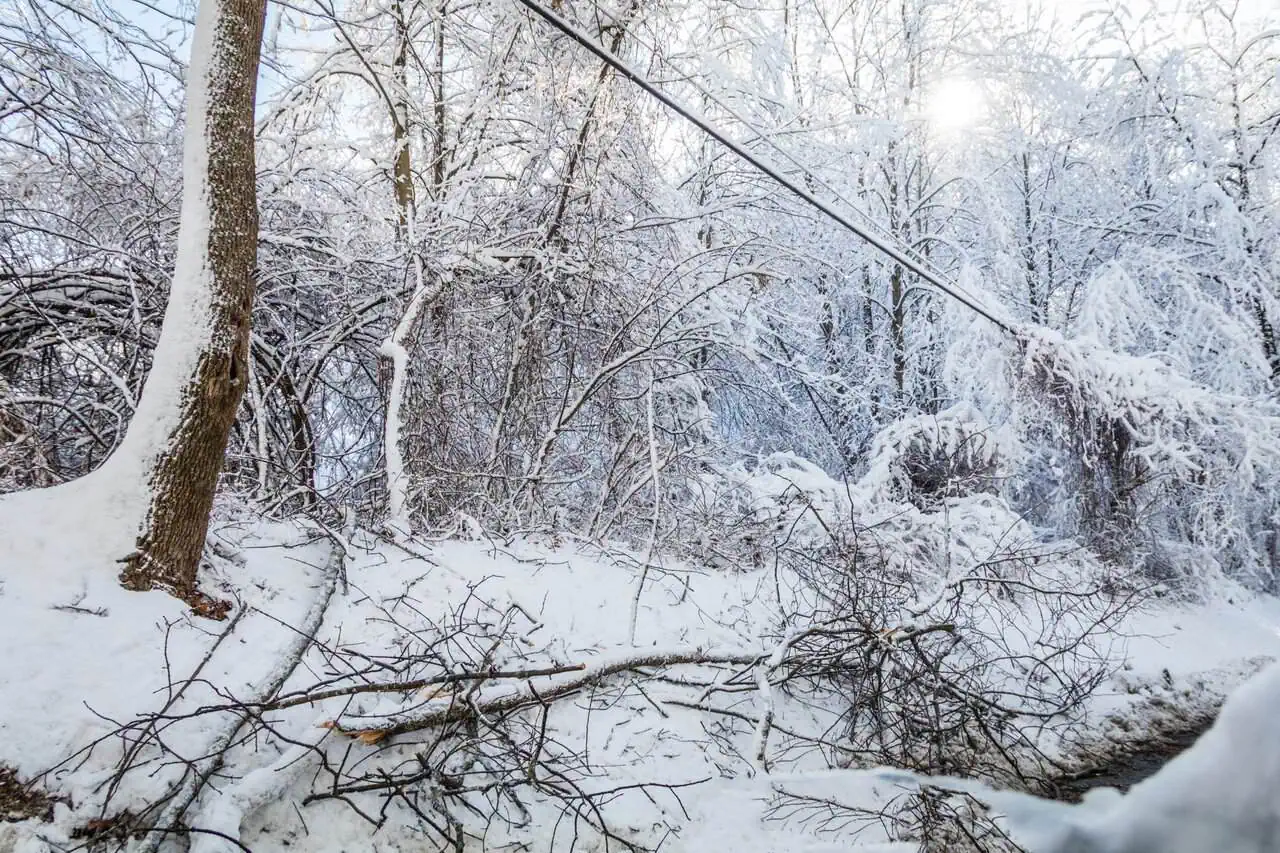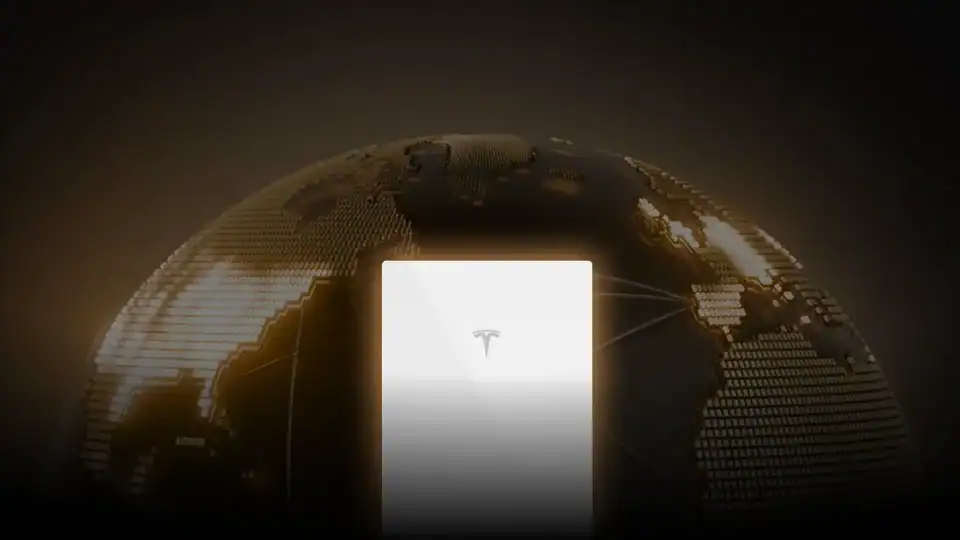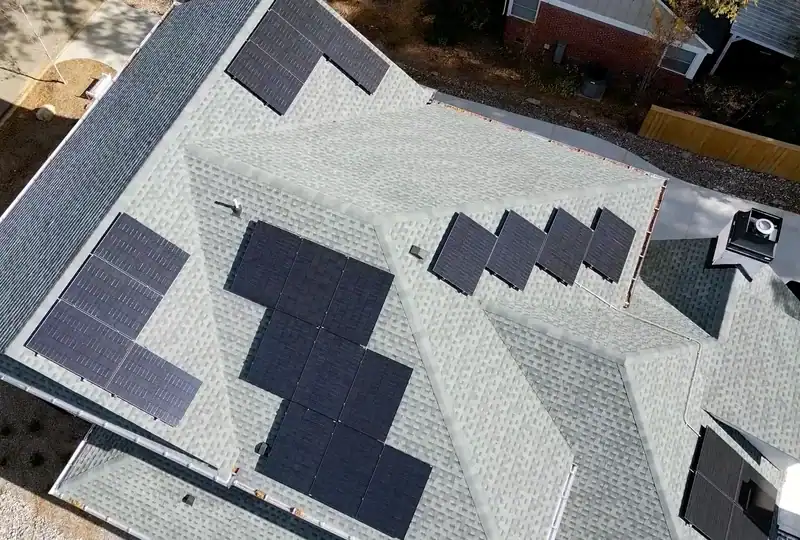February 1, 2025
A clear guide to how solar panels power homes in North Carolina and South Carolina
In this Blog
You will learn how solar works for a typical home, from the way solar panels create electricity to how inverters, meters, and the grid fit together. You will also see how Renu Energy Solutions designs and installs residential solar systems across North Carolina and South Carolina so they match local homes and utility rules.
Introduction: Understanding How Solar Works
Many homeowners are interested in solar energy but feel unsure about how solar works in real life. The technology can seem complex at first glance. The good news is that the basic process behind solar panels is straightforward.
This blog explains how solar works for a typical home in North Carolina or South Carolina. Once you understand how solar panels create electricity and how that energy powers your home, the decision to explore solar becomes much easier.
Step One: Solar Panels Capture Sunlight
The process begins with solar panels installed on your roof or on a ground mount. Each solar panel contains cells made from materials that respond to sunlight. When the sun hits these cells, they generate direct current electricity, often called DC power.
Key points about solar panels:
- They work whenever sunlight is available, even on cool or partly cloudy days.
- Panels are mounted on racks that are secured to your roof structure.
- A group of panels wired together is called a solar array.
This is the first step in how solar works. The solar panels collect energy from the sun and convert it into usable electricity for your home.
Step Two: The Inverter Converts DC to AC Power
Homes in North Carolina and South Carolina use alternating current, or AC power. Since solar panels create DC power, the next step is to convert that energy so your home can use it. This job is handled by the inverter.
A solar inverter:
- Takes DC power from your solar panels.
- Converts it to AC power that your home can use.
- Often connects to monitoring, so you can see how much solar energy your system is producing.
There are different inverter types, such as string inverters and microinverters. Renu Energy Solutions will choose an inverter setup that fits your roof layout and budget while meeting local code requirements.
Step Three: Solar Energy Powers Your Home
Once the inverter produces AC power, the electricity flows into your home’s electrical panel. From there, it serves your lights, appliances, and other loads just like electricity from the utility.
When your solar panels are producing power:
- Your home uses solar energy first.
- If you need more power than the panels produce, you pull the extra from the grid.
- If your system produces more power than you are using at that moment, extra energy can flow back to the grid according to your local utility rules.
This is the heart of how solar works for homes. Solar panels reduce how much electricity you need from the utility and lower your monthly bills.
Step Four: How Solar Works with Batteries
When homeowners add a battery system, they gain even more control over how solar works in their home.
A battery can:
- Store extra solar energy during the day.
- Provide backup power during grid outages.
- Help manage usage during peak times, depending on the rate structure.
The combination of solar and battery storage is especially attractive in the Carolinas, where storms can lead to outages and where more homeowners want reliable power for critical loads.
Step Five: How Solar Works with the Grid in North Carolina and South Carolina
Solar panels and the grid work together. Your home remains connected to the local utility, which provides power when the sun is not shining and accepts extra energy when your solar array produces more than you need.
While specific policies differ by utility and location, the overall concept is:
- Solar reduces your net usage from the grid.
- Your power bill reflects both what you took from the grid and the value of what you sent back.
Renu Energy Solutions has deep experience with utilities across North Carolina and South Carolina and designs systems that work smoothly within local rules and programs.
Why Work with Renu Energy Solutions
Understanding how solar works is the first step. The next step is designing a system that fits your roof, your budget, and your goals.
Renu Energy Solutions offers:
- Custom designs for homes across the Carolinas.
- High-quality solar panels and inverters.
- Options to add battery storage for backup power.
- Local crews and long-term service.
We are Here for You
If you are ready to see how solar works for your own home, contact Renu Energy Solutions for a personalized solar energy assessment in North Carolina or South Carolina.
Duke Energy Carolinas PowerPair Capacity And The Prime Season For Solar

Preparing Your Backup Battery for Severe Cold Weather in the Carolinas

Tesla Powerwall 3 Rebate and Benefits for Carolina Homeowners

Solar Subscription in the Carolinas: Understanding LightReach as a Solar Option

Severe Weather Prep in the Carolinas: How Solar Energy Storage = Energy Security
